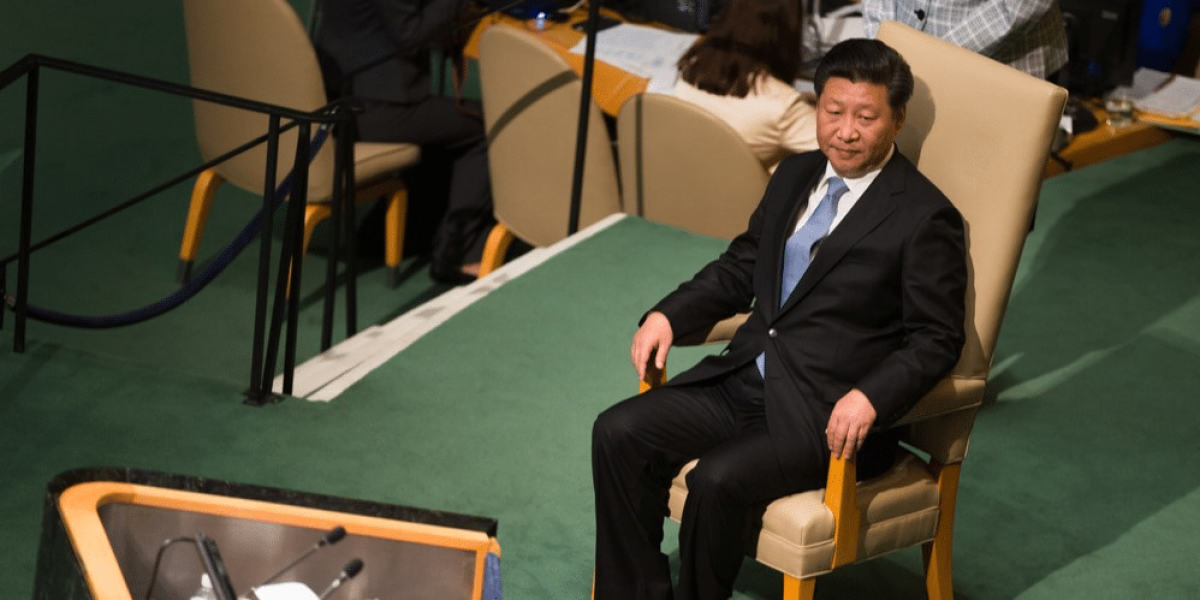In a recent diplomatic incident, Germany’s Foreign Minister, Annalena Baerbock, referred to Xi Jinping as a “dictator” during an interview with Fox News. This statement has ignited tensions between Germany and China, leading to China’s strong reaction. This article delves into the details of this diplomatic spat and its implications for international relations.
Germany’s Label for Xi Jinping:
During her interview, Baerbock questioned the consequences of Russia’s actions in Ukraine and made a comparison between Vladimir Putin and Xi Jinping. She used the term “dictator” to describe both leaders, which immediately caught international attention.
China’s Response:
China swiftly reacted to Baerbock’s remarks by summoning Germany’s ambassador, Patricia Flor, and expressing strong dissatisfaction with her comments. The Chinese Foreign Ministry denounced Germany’s statements as “absurd” and a “political provocation.”
The Omitted Details:
Interestingly, the Chinese Foreign Ministry omitted the exchange between Baerbock and their response from the official transcript of the briefing. This practice of leaving out sensitive content is not uncommon in China’s diplomatic communications.
Sensitivity Towards Descriptions of Xi Jinping:
This incident isn’t isolated. Earlier, in June, U.S. President Joe Biden also referred to Xi Jinping as a “dictator,” provoking a similar reaction from China. This shows China’s sensitivity regarding the characterization of its leader.
Historical Perspective:
Xi Jinping’s predecessors, like Jiang Zemin, have also reacted strongly when labeled as “dictators.” Jiang, in particular, famously objected to this term in an interview with Mike Wallace.
Germany-China Relations:
Germany’s relationship with China is complex, primarily due to their significant economic ties. However, recent events, such as Russia’s invasion of Ukraine, have strained these relations, forcing Germany to reassess its stance towards China.
Germany’s Strategy:
Germany has outlined a new strategy that recognizes China as both a partner and a systemic rival. This strategy aims to reduce Germany’s economic dependence on China in critical sectors.
Baerbock’s Stance:
Foreign Minister Annalena Baerbock has been an advocate for a tougher stance on China, particularly concerning human rights and Taiwan. Her views have drawn criticism from China’s state-run media.
Takeaway:
The incident involving Germany’s Foreign Minister labeling Xi Jinping as a “dictator” reflects the delicate nature of international diplomacy and the importance of word choice in diplomatic discourse. It highlights the evolving dynamics in Germany-China relations and the challenges both countries face in maintaining a balanced partnership.







